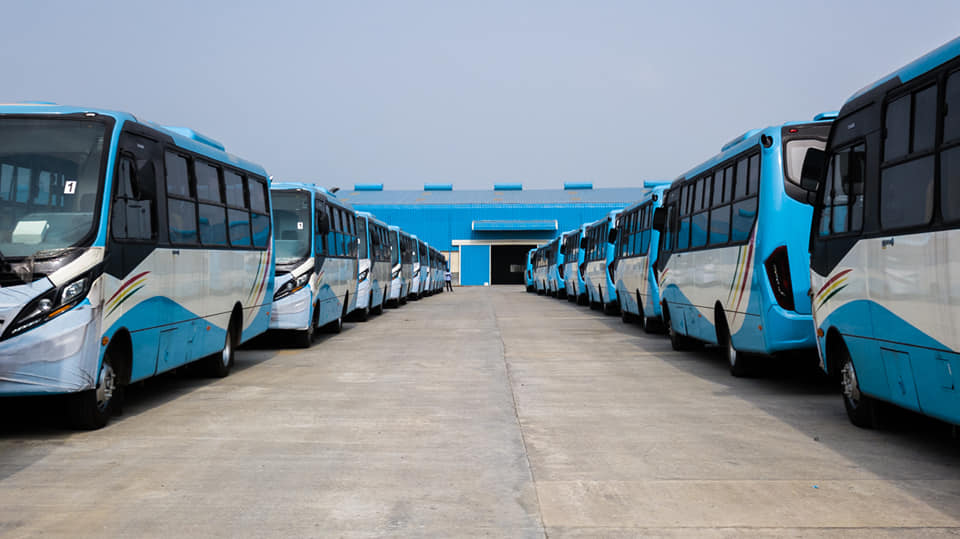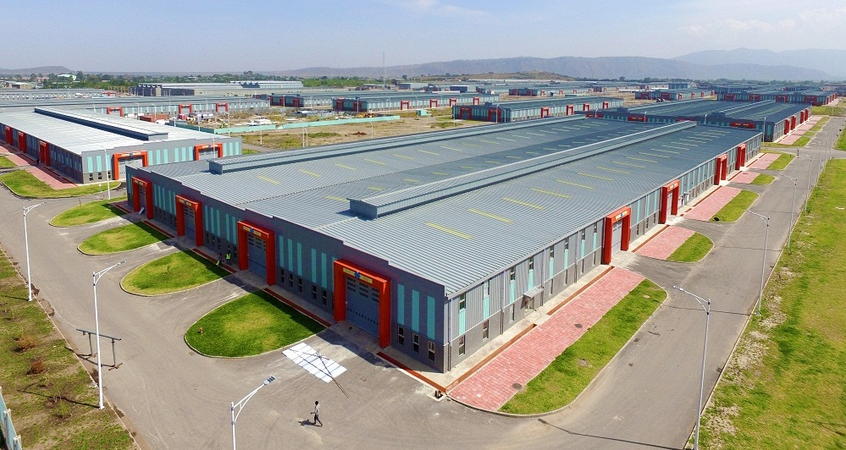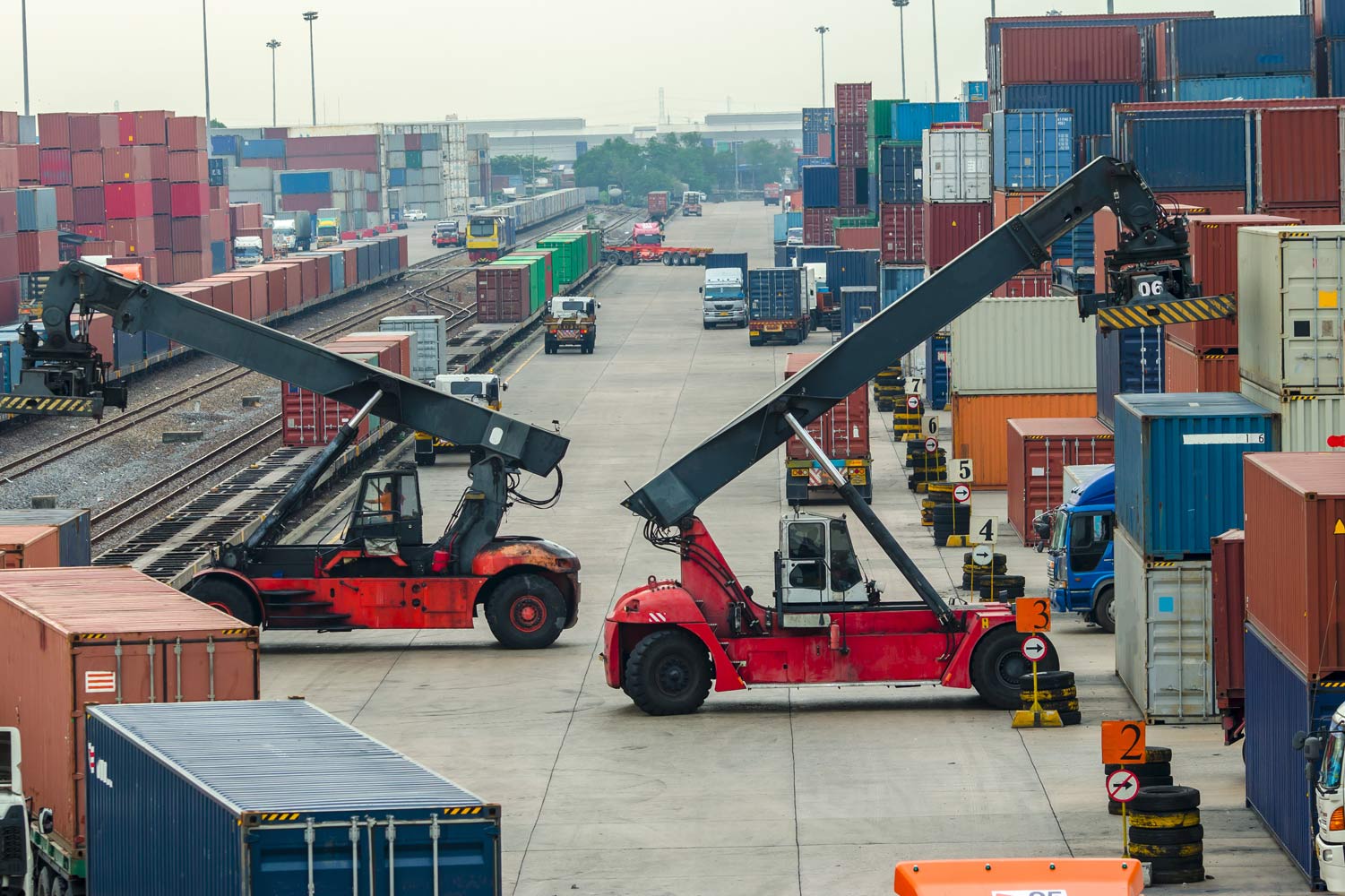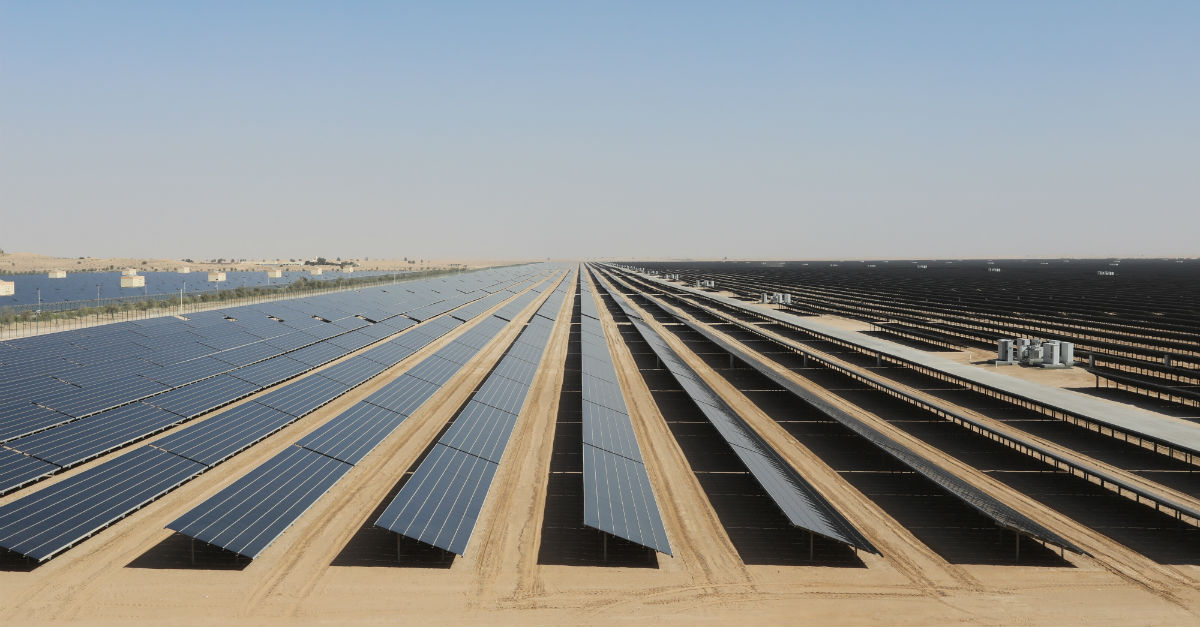INFRASTRUCTURAL DEVELOPMENT
- Home
- INFRASTRUCTURAL DEVELOPMENT
INFRASTRUCTURAL DEVELOPMENT
This is a key element of poverty alleviation. Its impact is felt both on the economic and social sectors. Without roads, the poor are not able to sell their output on the market, without electricity the industrialization process, which provides the poor an important source of employment is unlikely to takeoff.
The social and economic impact often-go hand in hand. For the poor, the most dramatic impact of inadequate infrastructure may be less the result of lack of infrastructure per se but more the lack of access to that infrastructure. What good is a road if the poor can only afford to walk? What good is electrification if the poor cannot afford to connect?
Our aim is to use our investment in infrastructural development to reduce and or alleviate poverty. Provide infrastructure that can be accessed by everyone especially the poor. Encourage industrialization so as to promote employment of the poor.
We shall focus on the following infrastructural development;
INTRA-TRANSPORT SYSTEM DEVELOPMENT
Reliable and efficient transport opens up markets, creates fresh opportunities for enterprise, widens access to work, education and public services and brings urban and rural places closer. This will also employ more poor families under the scheme, which will create opportunities to generate daily income while serving a good purpose to the country.

ROAD CONSTRUCTION
Roads facilitate the provision of basic needs to the poor such as health and education. A common feature of poor people is that they suffer from inadequate access to some human capital facilities that are essential to escape from poverty. Among infrastructures, roads are considered first interest to reduce poverty due to the widely accepted consensus that transport infrastructure has significant, positive and substantial impact on economic growth and poverty as it enhances the connectivity of isolated and remote areas.
Roads create access to output market and leads to a rise in income. Construction of rural roads creates access to market for the poor families to access the markets to sell their goods or produce from their agricultural practices (farming), which leads to rise in income.
The construction of the rural roads will also create employment as skilled, semi-skilled and unskilled (local laborers) will be employed for the project and even after the completion of the projects.
An undeveloped road network is likely to be associated with sub-optimal economic performance and quality of life thus the need constant search or quest by governments to develop their road networks to meet their economic, political and social needs.
Due to the huge cost involved in the construction of New road, governments often find it unattractive and unwilling to commit fiscal spending to roads. This is also one of our areas of specialty as it is an area where project financing and BOT (Build-Operate-Transfer) which is among our business model are becoming more and more common. In most cases, the roads are concessionaire to the investor allowing the concessionaire collect toll from the public for the duration of the agreement with the government.

INDUSTRIAL PARK
Establishment of an Industrial Park in a poverty stricken area or a rural area will support the economic development. This will also increase the establishment of the small-scale industries in the state which will also decrease the unemployment rate in the country as the more the small scale industries spring up the more changes they will employ people.
The Park will also be powered by gas. This will entail the installation or connection of gas pipelines to the rural location where the plant will be situated. This will also create opportunity of constant energy to the poor from the Park. As part of support for the Park, we shall also situate our Agricultural processing plants, ethanol and cassava starch plant, and palm oil refinery in the Park.
INLAND DRY PORT
A dry port also known as Inland Container Depot (ICO) is an inland intermodal terminal directly connected by road or rail to seaport, and operating as a center for the transshipment of sea cargo to inland destinations. The dry Port will receive cargos from seaport through the rail way and send back the containers through the same channel. The dry port will also have warehousing facilities for storage of goods (which will be available for rent). Containers can also be waded on trucks to final customer destination from dry Port, as there will also be a trailer park.

This will reduce the pressure of heavy-duty trucks on our roads and at least extend their life span thereby saving cost for the government by way of reduction in frequent road maintenance due to much pressure.
The inland dry port will create enormous employment opportunities. It will also create more commercial activities thus creating opportunities for markets both locally and internationally, as the dry port is a gateway to seaport, which leads to export opportunities to international countries. This also complements the industrial parks.
Rural dwellers and or poor families can actually export their farm produce to other countries and increase their chances of earning in foreign currencies and increasing their income.
RENEWABLED ENERGY

Production of Biogas through anaerobic digestion makes a strong contribution towards meeting each one of this UN’s Sustainable Development Goals. Compared to other renewable energy options, biogas will typically produce 50 times the amount of Co2 reduction and 4 times the energy per MW installed. Furthermore biogas generates more jobs and keeps more investment and income in local communities compared to other energy sources.
Komac Trading & Investment Nigeria Limited (KTINL) in partnership with Asia biogas has brought this innovation to Nigeria and Africa at large.
Asia biogas founded in 1997, has leveraged its reputation as a Build-Own-Operate-Transfer (BOOT) project developer supporting the palm oil, cassava industries, Breweries, Sugar and Oil Companies to expand into customized solution provider, offering BOOT project development, turnkey construction, and design/engineering services.
Biogas projects develop deliver great benefits to all stakeholders particularly our communities and the environment.
By reducing COD (Chemical Oxygen Demand) in the wastewater or the volatiles in solid wastes, fugitive greenhouse gas emissions are significantly reduced.
Biogas projects capture methane, which would otherwise go the atmosphere where it is one of the leading drivers of climate change.
Our biogas projects also make huge contribution to our local communities. Not only do we improve the environment by cleaning up waster water, we also generate high quality jobs during both construction and operation phases of the project. At least we employ 14 to 18 people per site. These jobs are across all skills levels, contributing to meaningful and gainful employment in local communities.
